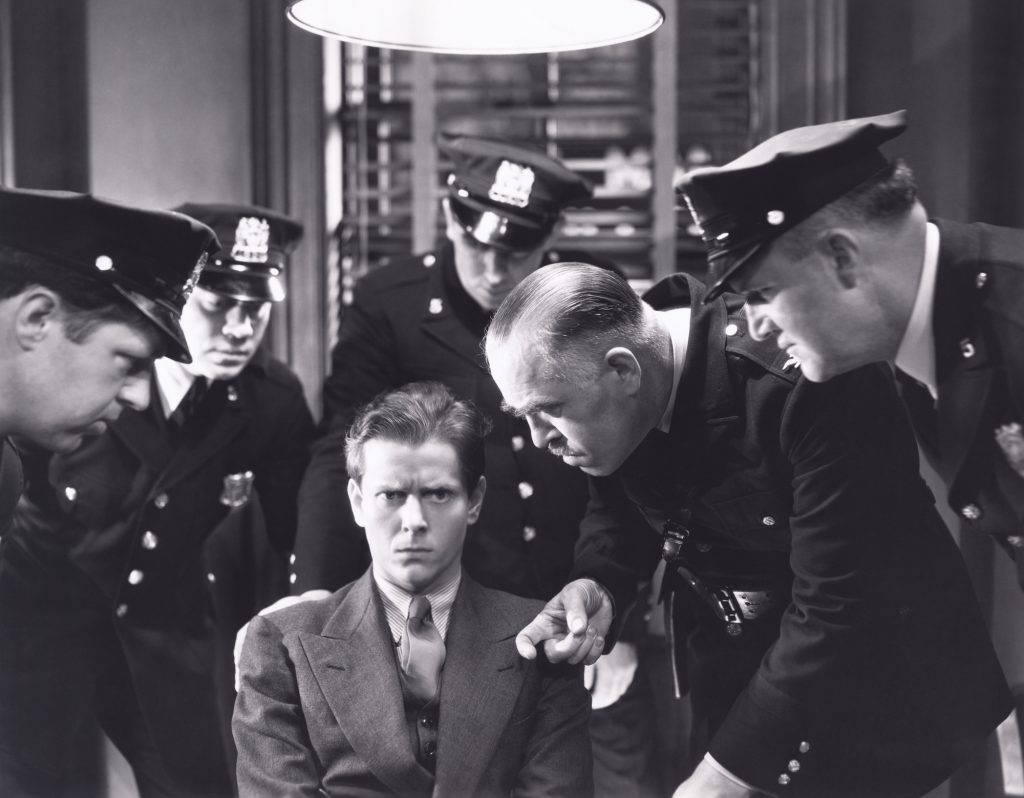
Lawful use in commerce is a requirement for a trademark to be registered in the United States. For cannabis brands, this means that the United States Patent and Trademark Office (USPTO) will not register trademarks used in connection with products that are illegal under federal law, most notably marijuana. However, USPTO’s problematic approach to lawful use when it comes to cannabis goods and services is leading to the denial of applications that describe perfectly legal products.
Arguably, USPTO should not be denying any trademark applications on the basis of noncompliance with any laws other than the Trademark Act (also known as the Lanham Act), which governs trademark registration at the federal level in the United States. Nonetheless, there is a certain logic behind the agency’s refusal to register trademarks that describe marijuana, which is a schedule I controlled substance. In general terms, a court will not enforce a contract that requires a party to commit a crime in its jurisdiction. To do so would make the court an enabler of illegal activity. By the same token, facilitating commerce in marijuana, by providing a party engaged in such commerce a particular legal protection, seems at odds with the Controlled Substances Act’s
Read full article on HarrisBricken


